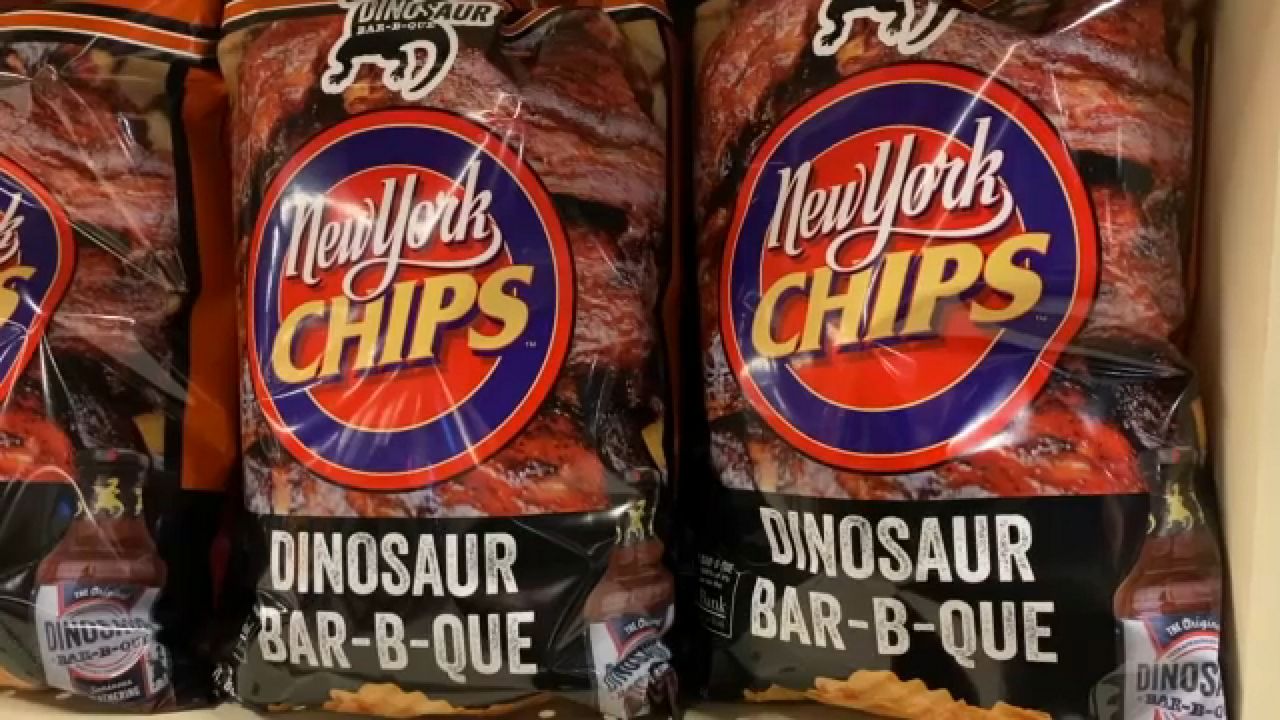Cryptocurrency wasn’t a part of many people’s vocabulary until recently. For Lee McKnight, he says he was part of its creation.
“I was involved in research on online transactions and verifications that were attacked by the crypto-anarchists who created Bitcoin 15 years later,” said McKnight, an associate professor at the School of Information Studies at Syracuse University.
McKnight says the first thing to know about any cryptocurrency is that it’s not “currency.”
Crytpo is technically an asset or a commodity, and in New York it is taxed as such.
“This volatility in crypto and crypto pricing is an innate characteristic in commodity markets,” says McKnight.
Much like other commodities, demand and utility drive its value. McKnight says most cryptocurrencies aren’t worth much at all. Some have utility and most others don’t.
For example, Bitcoin’s value comes from the fact that people believe it has value.
“There’s like a ton of pump and dump scammers. If they hear somebody saying something so incredible they should know that ultimately we’re talking about a little dinky computer code that my students can make in a couple of months,” said McKnight.
For crypto supporters, the belief is that crypto is the currency of the future. Its largest appeal is the technology behind crypto prevents transactions from being tracked, something Bitcoin has been doing successfully for years.
McKnight says no matter what, think before you buy.
“Even if your kids tell you this is the one great thing to get, do more research. Do not invest more than you can lose because this is a very volatile asset,” said McKnight.
Currently, there are more than 4,000 different kinds of cryptocurrencies.








